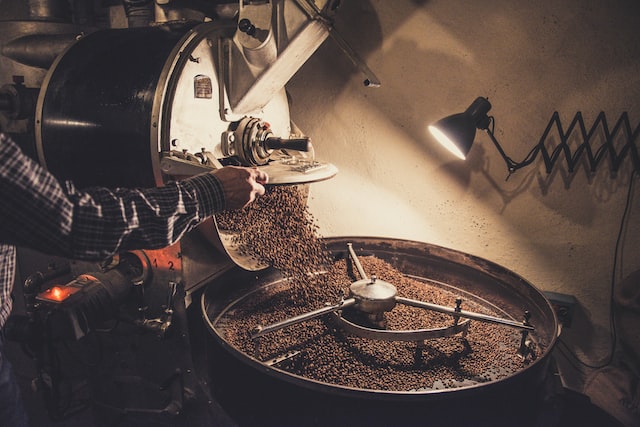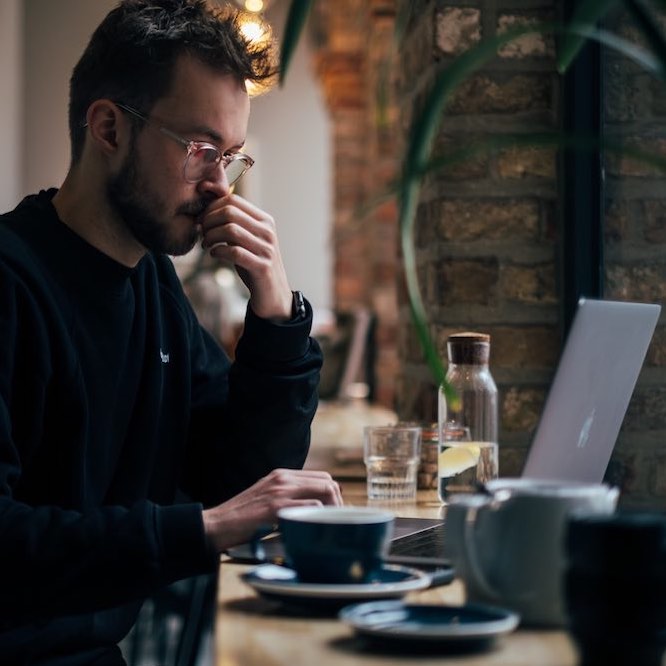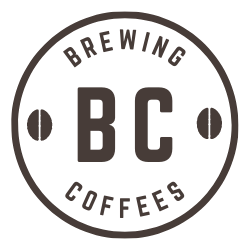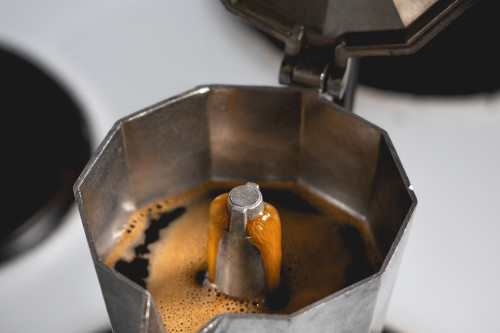Isn’t it amazing that in order to create a truly delicious cup of coffee, you only need two essential ingredients? Roasted coffee beans and hot water are all that is required!
But, have you ever wondered what actually happens within the bean itself during this process? Or what happens when you boil coffee beans—does boiling coffee ruin it, or is it something to experiment with?
Today, we’re going to delve into the science of transforming coffee and water into an ideal cup of joe.
The Art of Extraction
Extraction is the process of mixing roasted and ground coffee beans with hot water.
It is water that draws out the unique flavors of the coffee beans, and when water emulsifies with the coffee’s oils, it creates the crema that sits on top of the espresso.
Long before you put your beans in the grinder, the roasting process will have created the bean’s flavors by triggering something called the Maillard reaction. This causes sugars and proteins within the coffee bean to form aroma and flavor-creating compounds.
When we brew coffee, our goal is to transfer all of that flavor from the bean to the water, creating a delicious cup of coffee.
Both under and over-extraction can be a problem during this process. Under-extraction will result in a weak or sour-tasting coffee, while over-extraction will diminish the aromatic and sweet flavors of the bean, leaving only bitterness behind.

Temperature and Time
Perhaps giving you a hint as to what happens when you boil coffee beans, the National Coffee Association shares that the perfect temperature for extraction is 195 to 205 °F, or roughly 90 to 96 ºC.
However, unless you are at a high altitude, water boils at 212°F or 100 ºC. So exposing coffee beans to boiling water is a recipe for over-extraction.
Another key element of getting extraction just right is the duration of brewing, and this is influenced very much by the method of brewing.
For example, when using a French Press to make your coffee, you can expect a perfect extraction in around 3-4 minutes.
However, an espresso machine, which exposes the coffee-water medley to very high pressure, delivers the best results in just 27 seconds.
What Happens When You Boil Coffee Beans?
Now you understand that it’s better to avoid making coffee with boiling water and that actually, a slightly lower water temperature is best. However, what if you don’t have a coffee machine, French Press or another coffee-making device to hand?
Can you boil your morning beverage in a pinch or does boiling coffee ruin it entirely?
Fundamentally, you can make coffee on the stovetop by boiling your grounds. In fact, you could even boil whole beans if there was nothing to grind them with. But you’ll want to avoid leaving that boil rolling for too long as the result may be disappointing.
The good news is that boiled coffee holds just as much caffeine, but the flavor will certainly leave much to be desired.
You may be wondering, why is it that boiling is bad for coffee while the far-higher temperatures of roasting don’t cause any issues? Once again, it is the presence of water that is the key. The reaction within a dry bean exposed to heat is very different from that within a bean exposed to heat and water together.
The longer the coffee beans are allowed to boil, the more this reaction will release the bitter elements within the bean, influencing the taste.
The bitter flavors will drown out or destroy the more delicate, rich, and interesting flavors.
So, at the end of the day, while boiling coffee may serve you well in a crisis, a great cup of coffee calls for fresh, high-caliber beans, a good grind, and the right brewing conditions to extract the best possible flavor from the coffee beans.
FAQ – Boiling Coffee Beans
Yes! Long before there was the art of grinders and coffee-latte-art-making us humans were eating coffee beans as a mean of adding an energy boost.
You can make coffee on the stovetop by boiling your grounds. You could even boil whole beans if there was nothing to grind them with. But you’ll want to avoid leaving that boil rolling for too long as the result may be disappointing. Basically, it doesn’t taste very good.
You can absolutely brew coffee without grinding the beans at all, in theory that is. But, because the surface area of a whole bean is smaller than grounds of the same size, the brewing process takes way longer. It is also likely that the end result is not up to your par of liking.

Hey there! I’m Austin and I love coffee. In fact, I drink about 5 americanos a day. I started BrewingCoffees because I wanted to share my love of coffee with the world. Before starting BrewingCoffees, I worked as a Barista for 7 years.


Leave a Reply